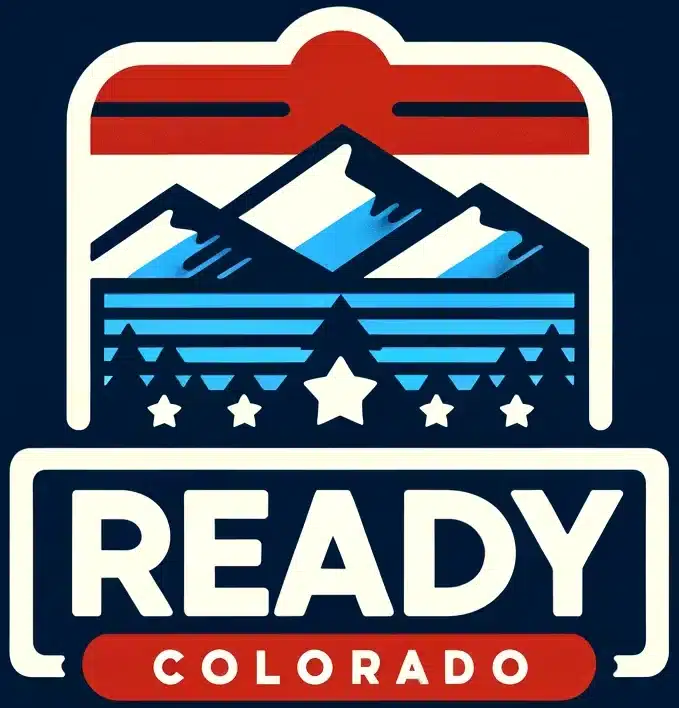Colorado has a unique set of laws and regulations surrounding concealed carry of firearms. In 2024, the state amended its constitution to permit lawful gun owners to carry concealed handguns in most areas, with a few exceptions.
In This Article
TL;DR
- Colorado allows concealed carry of handguns for those with a valid permit, with some restrictions on locations like schools and secure public buildings.
- The process for obtaining a concealed handgun permit involves meeting eligibility criteria, training requirements, and reciprocity with other states.
- Responsible gun ownership and safety education are emphasized, with resources available for training and accident prevention.
Introduction
Firearm ownership and the right to bear arms have long been part of Colorado’s culture and legal framework. The state’s concealed carry laws aim to balance public safety concerns with the constitutional rights of lawful gun owners. This article explores the nuances of Colorado’s concealed carry regulations, the permitting process, and the resources available for responsible gun ownership.
Legal Framework and Regulations
In Colorado, individuals aged 21 or older can obtain a Concealed Handgun Permit (CHP) from their county sheriff’s office, provided they meet certain eligibility criteria. These include being a legal resident of the state, having no disqualifying criminal convictions under Colorado Criminal Law, and demonstrating competence with a handgun through approved training or experience, as stipulated by Colorado Gun Law. This process ensures adherence to both state and federal laws regarding Concealed Carry Laws Colorado.
While concealed carry is generally permitted across the state, exceptions exist according to specific gun laws. Handguns are prohibited in federal facilities, on school grounds, and in secure public buildings with screening checkpoints, as outlined by Colorado Revised Statute. Additionally, local jurisdictions like El Paso County, Douglas County, and Jefferson County may impose further restrictions based on regional concerns about gun violence and safety.
Colorado recognizes concealed carry permits from other states, provided the permit holder is at least 21 years old and meets Colorado’s eligibility requirements, ensuring compliance with both Colorado and federal regulations. The principles of the Second Amendment guide this reciprocity and is critical for those who legally carry firearms across state lines.
Firearm Safety and Education
Responsible gun ownership and safety education are crucial components of Colorado’s approach to Concealed Carry. The state offers various resources and initiatives to promote safe handling and storage of firearms, as well as accident prevention. These efforts align with Colorado gun law and state law, ensuring compliance and enhancing public safety.
Applicants for a Concealed Handgun Permit (CHP) in Colorado must demonstrate competence with a handgun through approved training courses or evidence of prior experience, such as military service or participation in shooting competitions. These training programs, often held in counties such as El Paso County and Douglas County, emphasize safe handling, storage, and use of firearms, as well as legal responsibilities associated with Concealed Carry. The Colorado Bureau oversees these programs to ensure they meet the requirements set forth by the Colorado Revised Statute.
National and State Parks Firearms Regulations
When visiting Colorado’s national forests and state parks, specific regulations govern the possession and transportation of firearms. While concealed carry is generally permitted, firearms must be unloaded and properly stored when not in use.
Discharging a firearm is prohibited within 150 yards of residences, buildings, campsites, or occupied areas, as well as across roads or bodies of water where individuals or property may be endangered.
Community and Law Enforcement Interaction
Colorado law addresses interactions between concealed carry permit holders and law enforcement officers. Permit holders are generally required to disclose the presence of a concealed handgun during encounters with law enforcement.
Both the concealed carry community and law enforcement agencies have access to training resources and best practices to facilitate positive interactions and ensure public safety. Open communication and adherence to established protocols are essential for maintaining a respectful and lawful relationship between these groups.
FAQ
Can I open carry in Colorado?
While Colorado allows concealed carry with a permit, open carry of firearms is regulated by local county and municipal authorities. It’s essential to check with local ordinances and regulations regarding open carry restrictions in specific areas.
Do I need to register my firearm in Colorado?
No, Colorado prohibits the registration of firearms within the state.
Can I carry a concealed handgun in sensitive areas like schools or government buildings?
Generally, concealed carry is prohibited on school grounds and in secure public buildings with screening checkpoints. However, specific regulations may vary, so it’s crucial to familiarize yourself with local laws and ordinances.
What are the consequences of violating concealed carry laws in Colorado?
Violations of concealed carry regulations can result in legal consequences, including fines, revocation of the permit, or criminal charges, depending on the severity of the offense. It’s essential to understand and adhere to all applicable laws and regulations.
How do Extreme Risk Protection Orders (ERPOs) affect concealed carry rights in Colorado?
ERPOs, also known as “red flag” laws, allow law enforcement or family members to petition a court to temporarily remove firearms from individuals deemed to be a risk to themselves or others. These orders can impact an individual’s ability to possess or carry firearms, including concealed handguns, during the duration of the order.
By understanding and adhering to Colorado’s concealed carry laws, responsible gun owners can exercise their rights while prioritizing public safety and promoting a positive culture of firearm ownership and education.






